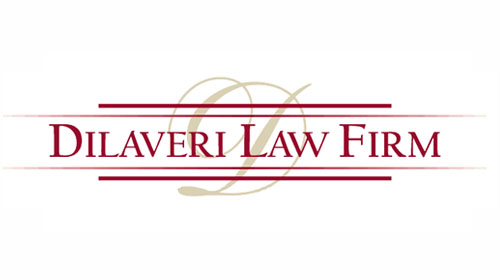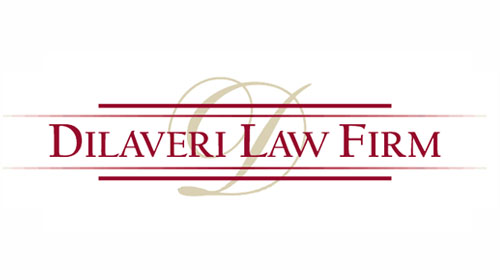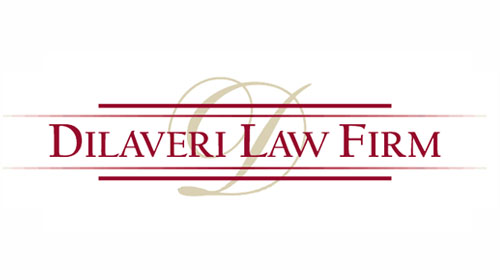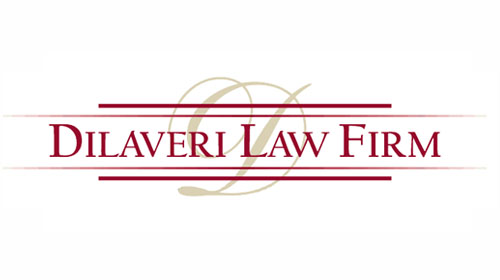Rochester Minnesota
Divorce & Family Attorney
How Can We Help You
Rochester Minnesota Domestic Abuse Lawyer
Minnesota Order for Protection Attorney
Domestic abuse is a serious problem in Minnesota. Because of this, the laws of this state provide for significant consequences for those found to have engaged in domestic abuse. They include both criminal and civil penalties. Here we will discuss the civil side of things. For a description of the criminal issues that can arise, please click here.
On the civil side, the laws of the State of Minnesota allow for the following kinds of restraining orders:
- Orders for Protection (OFP)
- Harassment Restraining Orders (HRO)
An Order for Protection is the more far-reaching of the two restraining orders. It sometimes occurs immediately prior to the commencing of a divorce and it can set the tone for the upcoming proceeding. It is important to hire a Rochester Minnesota OFP lawyer to best represent your interests in Court.
Order for Protection (OFP)
This webpage will discuss orders for protection. For an analysis of harassment restraining orders, please click here.
An OFP proceeding is started when one party files a petition with the Court alleging that domestic abuse has occurred between the party and the alleged abuser. If the court finds that immediate danger exists, it will grant a temporary OFP. The matter will either be scheduled for a hearing where the other party can appear and present evidence, or the other party will be given the opportunity to request such a hearing.
For the purposes of an OFP, “domestic abuse” means the following:
- physical harm, bodily injury, or assault;
- the infliction of fear of imminent physical harm, bodily injury, or assault; or
- terroristic threats, criminal sexual conduct, or interference with an emergency call
committed against a family or household member by a family or household member. “Family or household member” means the following:
- spouses and former spouses;
- parents and children;
- persons related by blood;
- persons who are presently residing together or who have resided together in the past;
- persons who have a child in common regardless of whether they have been married or have lived together at any time;
- a man and woman if the woman is pregnant and the man is alleged to be the father, regardless of whether they have been married or have lived together at any time; and
- persons involved in a significant romantic or sexual relationship.
What can be Addressed in an OFP
As discussed above, OFPs are very far-reaching. As part of the Order for Protection, the judge can order the respondent to have no contact with the victim. It can also order that the respondent be trespassed from the victim’s home and place of employment and it can also order that the respondent not come within a certain distance of those places. If the parties have children, the court can order temporary custody and parenting time and in some cases even temporary child support. OFPs can be issued for as long as two years, though in certain extreme cases they can be for as long as 50 years. Towards the expiration of the OFP, the victim can apply for an extension to the OFP and, if certain conditions are met, the court will grant the extension.
OFP Violation
A violation of an Order for Protection can have very serious criminal consequences. The first violation is a misdemeanor level crime with up to 90 days in jail possible. Subsequent violations are more severe and can become felonies with increased fines and jail times.
Fighting an Unjust OFP
While an OFP is very helpful in protecting victims against the actions of their abusers, it can also be used vengefully out of anger or spite by one party to try to obtain a superior position in an upcoming divorce. If you feel that untrue allegations have been raised against you in an OFP proceeding, it is crucial to contact our office immediately so that a defense can be presented in your case before it is too late.
Request a Free Consultation
If you have additional questions about Orders for Protection in Minnesota, please contact the Dilaveri Law Firm today. We always offer free initial consultations to our clients. Call 507.206.6020 or complete our free case evaluation form.













